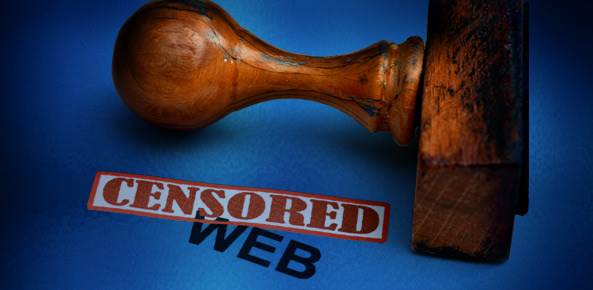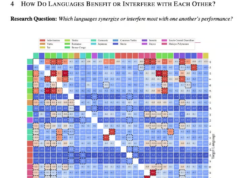The Internet Engineering Steering Group (IESG) today approved a new HTTP error code — 451 — that can be used to identify online content that is unavailable for legal reasons, such as government-enforced censorship. Taken from “Farenheit 451,” the title of the classic Ray Bradbury novel about book burning, the error code has been championed for several years by former Google engineer and XML specification author Tim Bray.
Support grew for adopting an HTTP error code designating censored content after London’s High Court in 2012 ordered U.K. Internet service providers to block access to The Pirate Bay digital content-sharing site, which three years earlier had been found in violation of Sweden’s copyright laws. Following the London court ruling, people in Britain who tried to access The Pirate Bay Web site saw a “403” error message indicating that access was forbidden.
“One of the things in the proposal is that the 451 Unavailable for Legal Reasons status is supposed to be accompanied by an explanation of what the legal restrictions are, and what class of sites they apply to,” Bray wrote in a 2012 blog post recounting the origins of his 451 code suggestion.
Growing Support for New Code
Mark Nottingham, who chairs the Internet Engineering Task Force’s (IETF) HTTP Working Group, noted after the 451 code won the IESG’s approval that, “effectively you can start using it now.”
In a Friday blog post, Nottingham wrote that he and others had initially resisted the idea of a new error code meant specifically to designate content that can’t be shown for legal reasons. He said his concerns stemmed from the limited number of 4xx codes available, as well as from the fact that there seemed to be other ways such content could be identified.
However, he added, “Tim quietly persisted, occasionally updating the draft and talking to people about it when they asked.”
As support for the new code grew, some sites began using the designation as an experimental way to denote legally blocked content. The U.K.’s Open Rights Group, for example, promoted its stance against blocking orders with the Web site 451Unavailable.org.
Better Tracking of Censorship
Earlier this year, after the IETF’s HTTP Working Group took on the 451 code suggestion as a work item, Bray said he was happy with the direction his proposal had taken.
“Legal demands are increasingly a common problem impeding the flow of data on the Internet, and it deserves its own diagnostic already,” Bray said in April. With some early adopters and the working group exploring the proposal as an idea worth kicking around, “that’s how the Internet gets smoother and better,” he said
Nottingham noted the new error code will also help the building of new systems to track online censorship.
“In some jurisdictions, I suspect that censorious governments will disallow the use of 451, to hide what they’re doing,” he added. “We can’t stop that (of course), but if your government does that, it sends a strong message to you as a citizen about what their intent is. That’s worth knowing about, I think.”







![[Video] Reimagined for Orchestra, ‘Over the Horizon 2026’](https://loginby.com/itnews/wp-content/uploads/2026/02/Video-Reimagined-for-Orchestra-‘Over-the-Horizon-2026’-100x75.jpg)